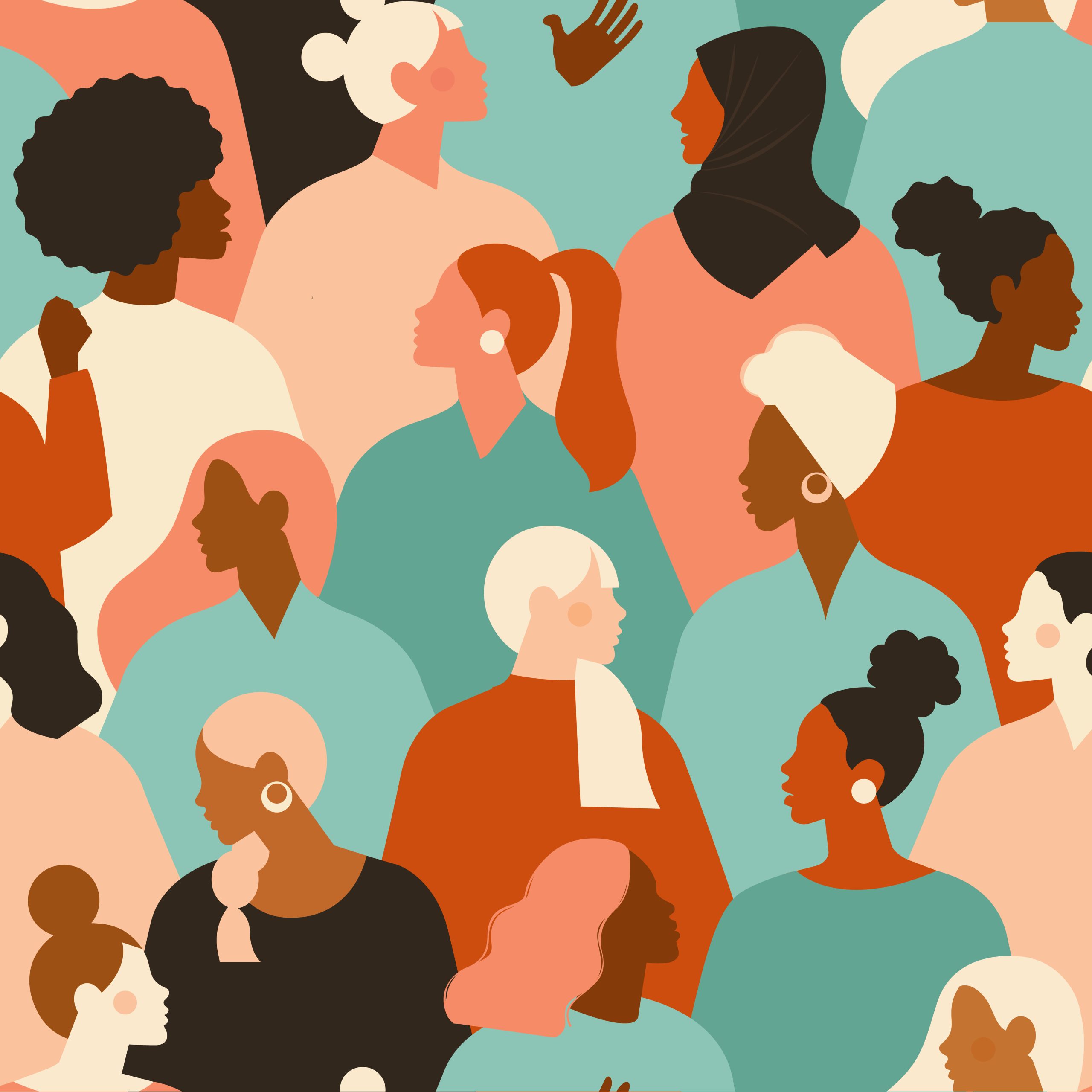In partnership with the UK Foreign, Commonwealth and Development Office, Ford Foundation and the Equality Fund.
Background to the dialogue series
The Women and Girls Wilton Park Series, launched as part of the FCDO’s International Women and Girls Strategy (2023-2030) aims to create space to interrogate and build consensus around how to effectively tackle priority issues that are central to women and girls’ rights, freedom and potential.
One such issue is current approaches to crises response. Women-led organisations (WLO) and women’s rights organisations (WRO) and movements play a critical role in crises, with an increasing number of studies affirming that they have consistently applied innovative ways of working and responded to widespread humanitarian needs, whilst pursuing collective action and intersectional approaches. Despite this, they remain consistently underfunded and excluded from meaningful participation in humanitarian decision-making.
The challenges that WLOs and WROs face are well documented, and this event convened actors to identify concrete and feasible proposals for change within existing humanitarian systems, and for innovative approaches as part of a wider resourcing ecosystem. A focus on the experiences of refugee WLO, women-led Organisations of People with Disabilities (OPDs) and LGBTQI+ organisations and activists aimed to ensure that proposals for change address, and do not further entrench, barriers faced by representative groups facing marginalisation. The use of the terms WLO and WRO throughout this report is intended to be inclusive of all groups, including the transgender community.
Executive Summary
Over 50 participants from over 30 countries representing diverse WLOs, WROs, OPDs, LGBTQI+ organisations, women’s and feminist funds, national governments, philanthropy, INGOs and humanitarian actors discussed imagining a healthy crisis resourcing system for WLOs and WROs, strategic approaches to ensuring resources reach these organisations, diversity and inclusion of underrepresented groups, women’s leadership in coordination and decision making, learning from innovation and pathways to progress. The meeting comes at a critical moment in time with increasing prevalence of threats to civic space, and global attempts to roll back rights for women and LGBTQI+ people.
Key themes to emerge from the discussion included understanding crisis from the perspective of communities, the unique but under recognized contributions made by WRO and WLOs in crisis settings, the importance of collective care and reframing humanitarian action in the context of crisis and humanitarian response, accountability and risk taking, and exploring the drivers of accountability and risk taking within crisis response funding.
